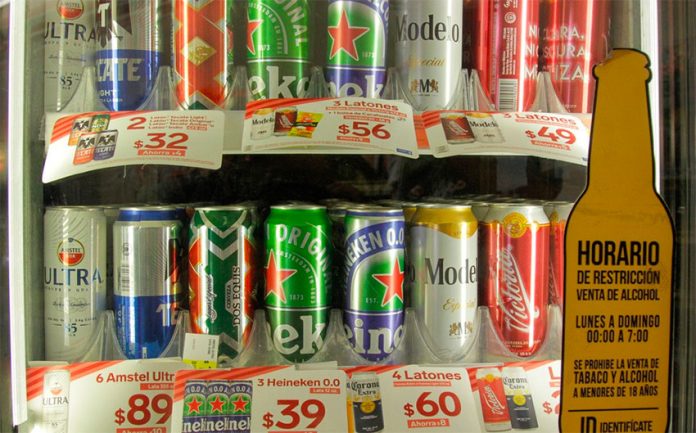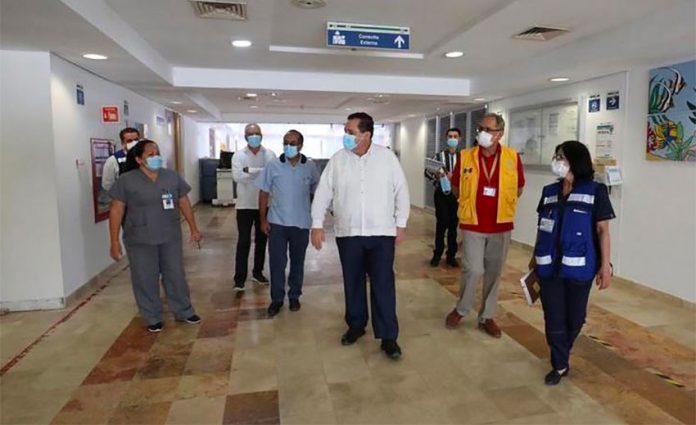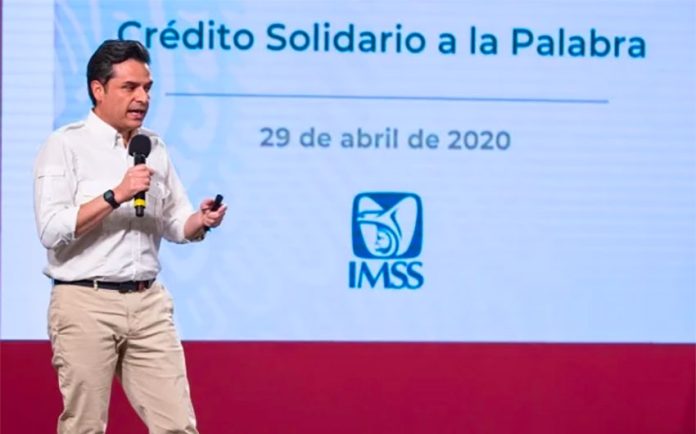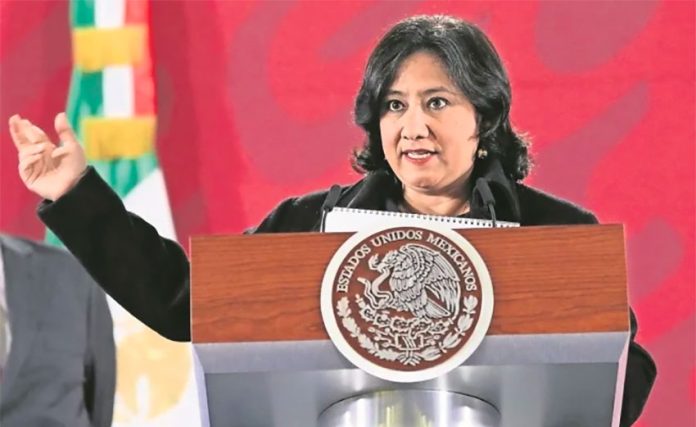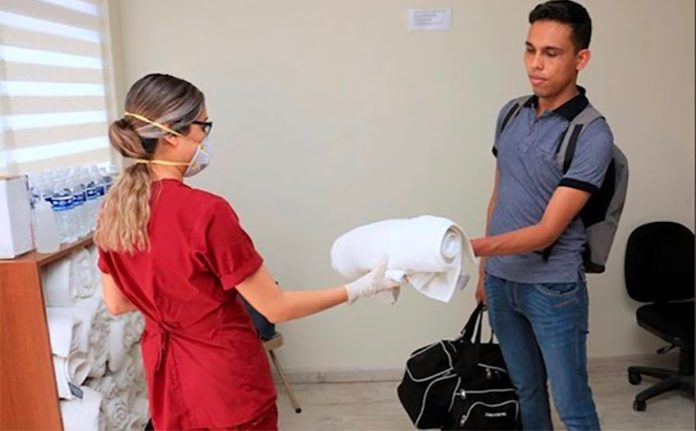The history, craft and cultural importance of the traditional folk art cartonería, or Mexican papier-mache, is the subject of a bilingual book that aims to present the art form to speakers of both English and Spanish beyond Mexico’s borders.
Mexican Cartonería: Paper, Paste and Fiesta is the product of years of research and networking with artisans carried out by author and Mexico News Daily writer Leigh Ann Thelmadatter, who has lived and worked in Mexico for over 15 years.
“My purpose was to introduce cartonería to a foreign audience, since … there wasn’t anything in English and very little in Spanish,” said Thelmadatter in an interview.
The author was invited to the second annual Cartonería Conference in Cuernavaca in 2016, where she met the majority of the over 50 artists, museum directors and other experts she interviewed for the book.
She said that previous books on the subject have focused on Pedro Linares, the creator of the figurines of fantastical creatures called alebrijes. Although Oaxaca is now famous for its wooden alebrijes, the figurines originated in Mexico City in the mid-20th century when Linares used papier-mache to form the beasts from dreams he experienced while ill with a fever.

“Much of the documentation also had to do with this family. However, thanks to the cartonería conference, I realized that [the art form] had grown a lot and that it involved people from very different backgrounds,” said Thelmadatter.
The book covers the full history of the folk art, from the origins of its popularity in the fever dreams of Pedro Linares to the artists in whose hands it continues to evolve to this day, and this growth is what the author considers to be the most important part of the work.
The full-color, hardcover book can be purchased online directly from the publisher, and is also available on Amazon.
Source: La Jornada (sp)


